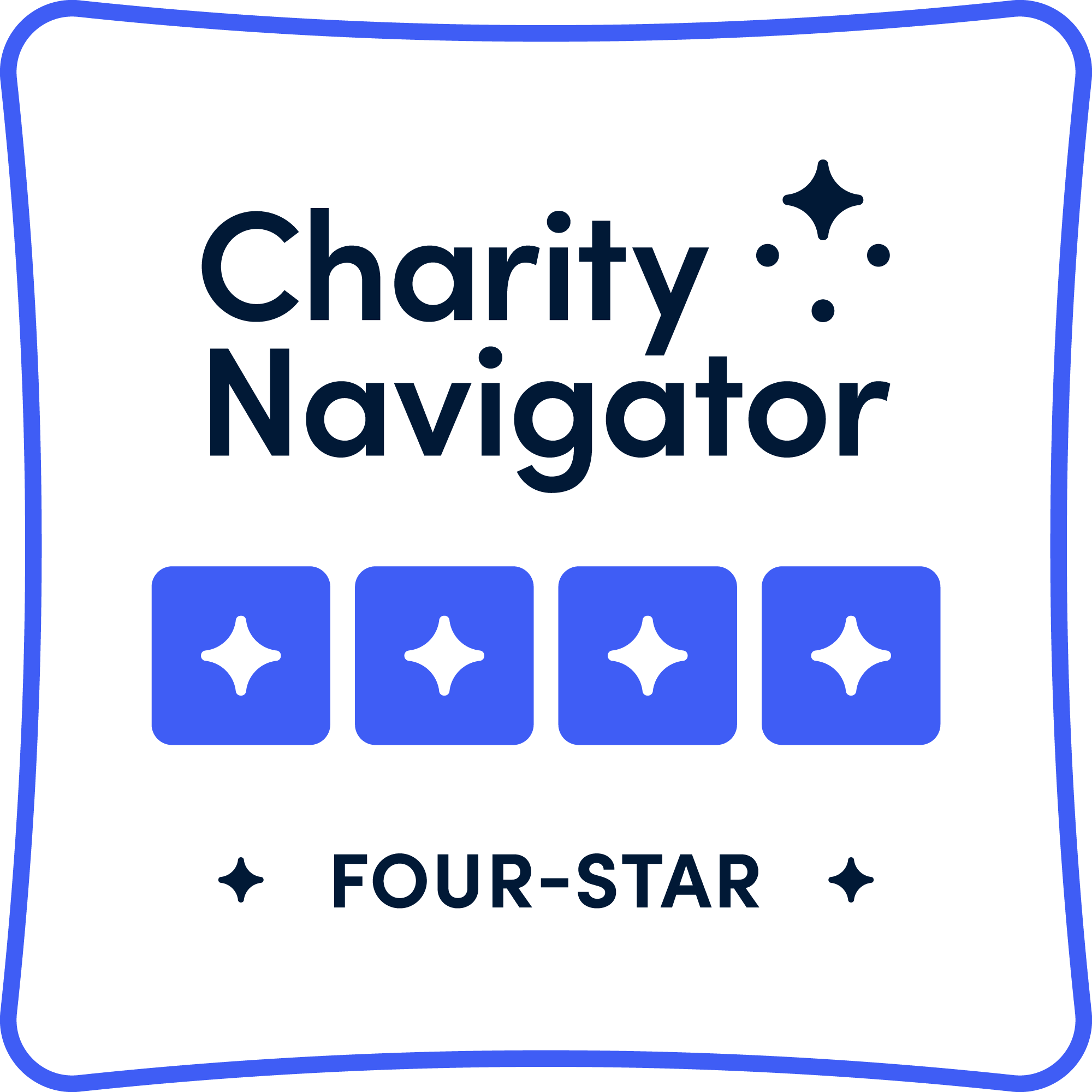In the Pink: Preventing Breast Cancer in Every Season of Life
As the tidal wave of pink paraphernalia synonymous with October ebbs, and our thoughts turn to turkey, football and autumn foliage in full Technicolor array; it’s important to keep in mind that preventing breast cancer is a year-round affair. Vigilance is mandatory; that is if preventing and detecting the onset of breast cancer is your priority. There is no shortage of things women can do in every season of their lives in order to live their best lives free of breast cancer!
Know-thyself!
To the younger women, ages 18 to 25: to put it plainly; feel your breasts! I know, you heard it in your high school health classes, giggled and rolled your eyes thinking, “No way! I’m not doing that in the shower?” Well, why not? If you know your body intimately in terms of contour and textures, lines and curves, then it stands to reason that if something irregular is going on, you’re going to notice it that much faster. In the fight against breast cancer, timely discovery and diagnosis are essential. Not sure what you should be doing or looking for? Click here for some tips and hints on how and how often to do a breast self-exam and what steps to take if you think anything is out of the ordinary.
Beyond physical self-exams, it is vital to conduct a historical examination of your family where breast cancer is concerned. BRCA gene testing may be available at no cost to those with proven family medical histories of the disease; check with your insurance provider and your doctor and/or genetic counselor. Being aware of your genetic predisposition toward cancer will help you make important changes in your lifestyle and your medical courses of action in order to preserve your health and well-being.
Breastfeeding
Breastfeeding is a natural function. It’s the reason we have breasts in the first place and is an essential function of bonding between mother and child which provides the best nutrients to infants from birth. Fact: breastfeeding can be difficult. Low milk supply, sleep deprivation and painful, cracked nipples can dissuade many moms from breastfeeding and opting for more convenient formulas. Now there’s NO shame in using solely formula or in supplementing. Lactation consultants worth their salt will tell you that the best baby is a fed baby, however, the cancer-fighting benefits of breastfeeding are manifold.
When women breastfeed they shed breast cells and this leads to the removal of damaged tissue which may help reduce chances to develop breast cancer. Women who breastfeed for a period of at least 6 months experience fewer periods and ovulation cycles. This lessens lifetime exposure to hormones commonly seen as factors in breast cancer diagnoses. With fewer ovulation cycles, the risk for ovarian cancer is lessened. For best practices in using breastfeeding as a tool in your prevention plan, click here.
Move It!
It is imperative that women exercise and control their weight. Cancer Epidemiology, Biomarkers & Prevention warns that “Among women who exercise, the ratio of ‘good’ estrogens to ‘bad’ estrogens [those that can damage DNA and increase a woman’s breast cancer risk] improved by roughly 25%. Past research has shown that the greater this ratio, the lower a woman’s breast cancer risk. Among women who don’t exercise, the ratio didn’t budge.” Not to worry, you don’t need to start training for triathlons. This same study says that “women who walked briskly for 1¼ to 2½ hours a week had 18% less risk of breast cancer than women who were inactive”.
Halting Hormones
There is sound wisdom in the counsel of those touting the benefits of aging gracefully. Dying our hair, treating those fine lines with CoQ10 and lathering on all the body butter we can muster to keep our youthful glow is a focal point for many women as we enter our 40s and beyond. However, research shows that its best to limit exposure to hormones and hormone therapies like those used to treat side-effects of menopause (such as osteoporosis and heart disease) to a span of less than 3 to 5 years since these are linked to breast cancer. Non-hormone therapies are available and it’s as easy as asking your doctor. Harvard Medical professionals recommend a variety of alternatives including soy products, mind-body therapy, weight loss and other non-hormone driven pharmaceuticals.
For younger women taking birth control, it is recommended that you stop after age 35 to avoid complications and diagnoses linked to breast cancer. The risks of heart attack and stroke are markedly more pronounced while taking birth control, but these decrease swiftly as soon as the pills are stopped. The verdict on long-term birth control pill consumption is still more of a hung jury, as there is research that supports its benefits which can include lowered risk of ovarian, colon and uterine cancers. However, if breast cancer is your main concern, avoiding birth control pills is still your best course of action.











